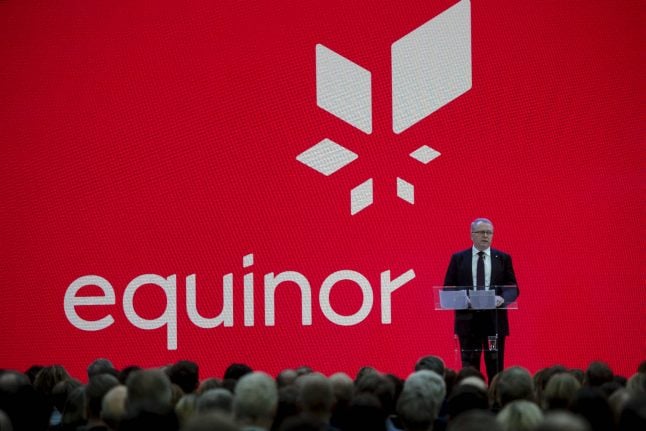Preliminary estimates indicate additional reserves of between 40 and 150 million recoverable barrels of oil equivalent, but the estimates are uncertain and the figure could in fact be higher, Statoil said.
The Gullfaks licence hosts one of Norway's biggest oil fields, which has been in production since December 1986.
Statoil, which is partially state-owned, holds 70 percent of the Gullfaks licence while the wholly state-owned group Petoro holds 30 percent.


 Please whitelist us to continue reading.
Please whitelist us to continue reading.
Member comments